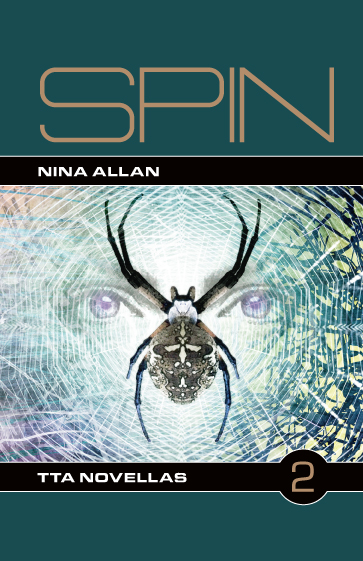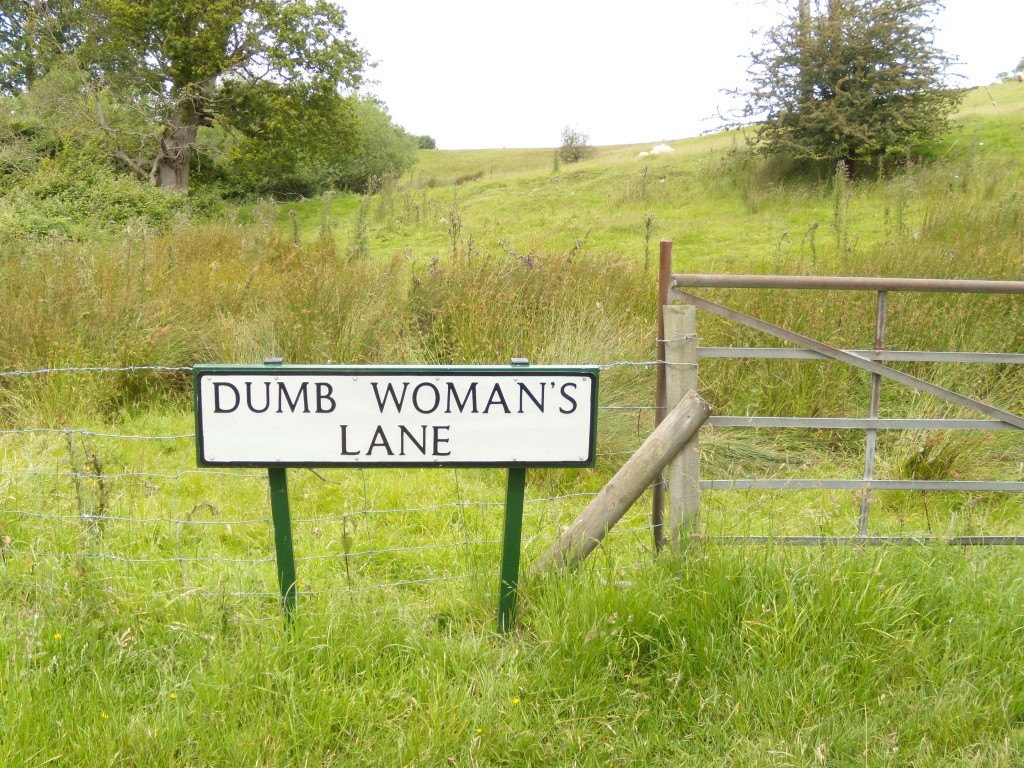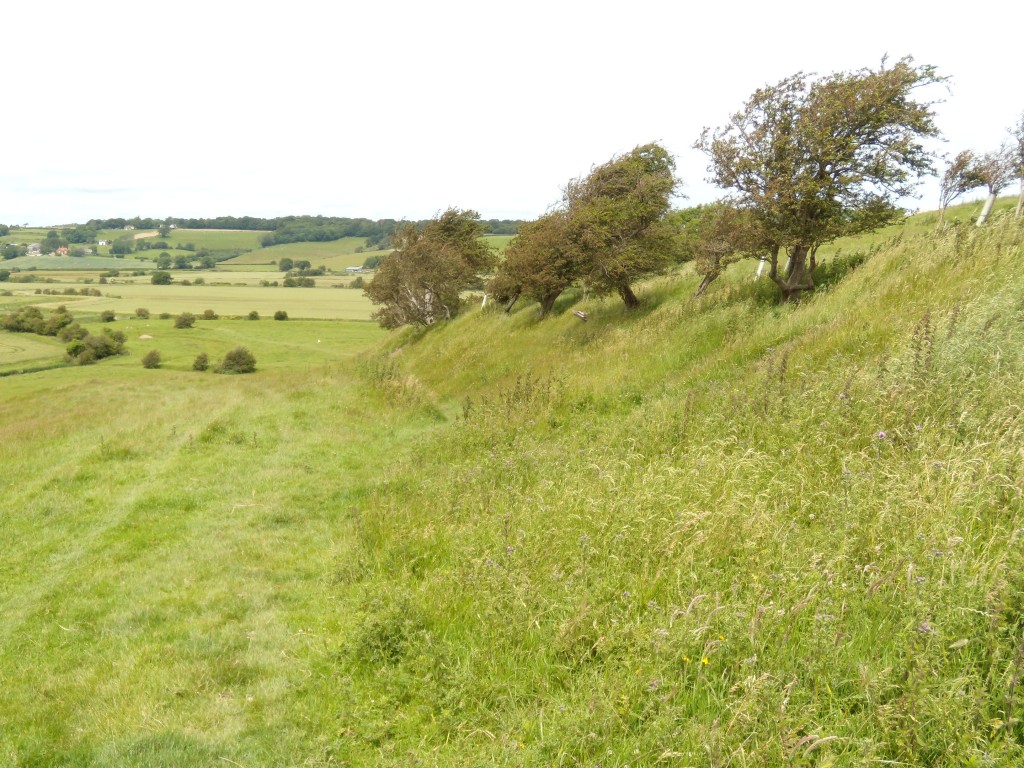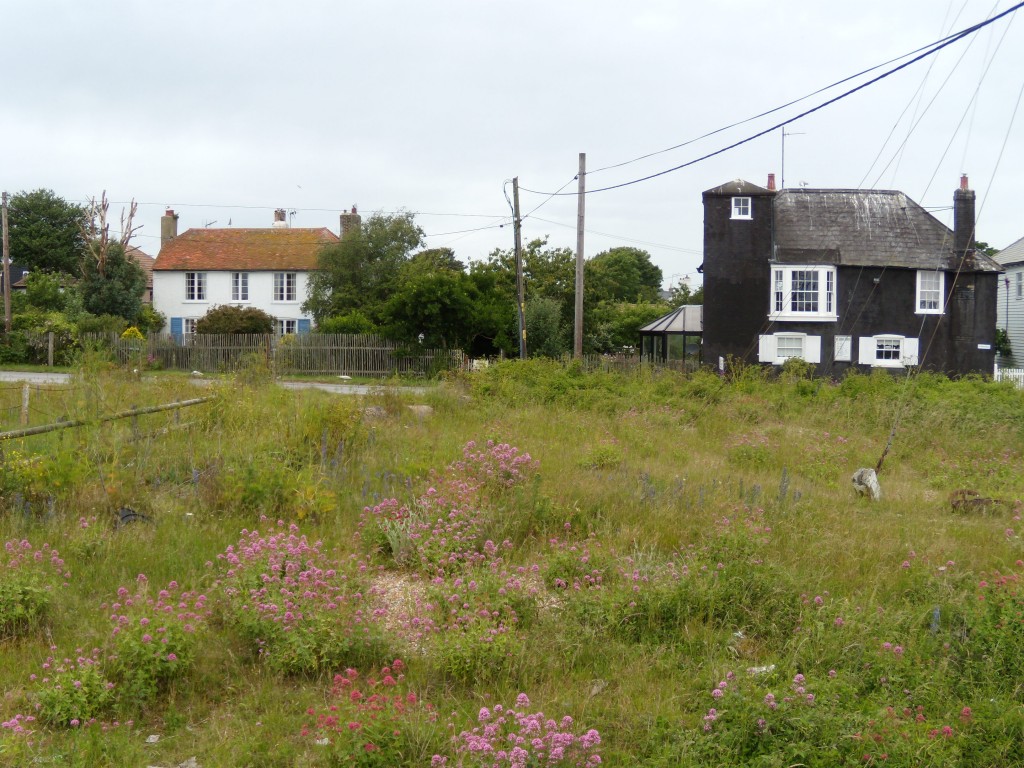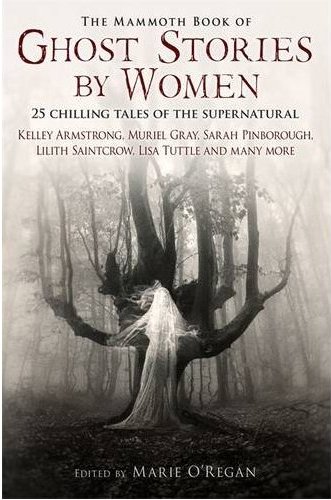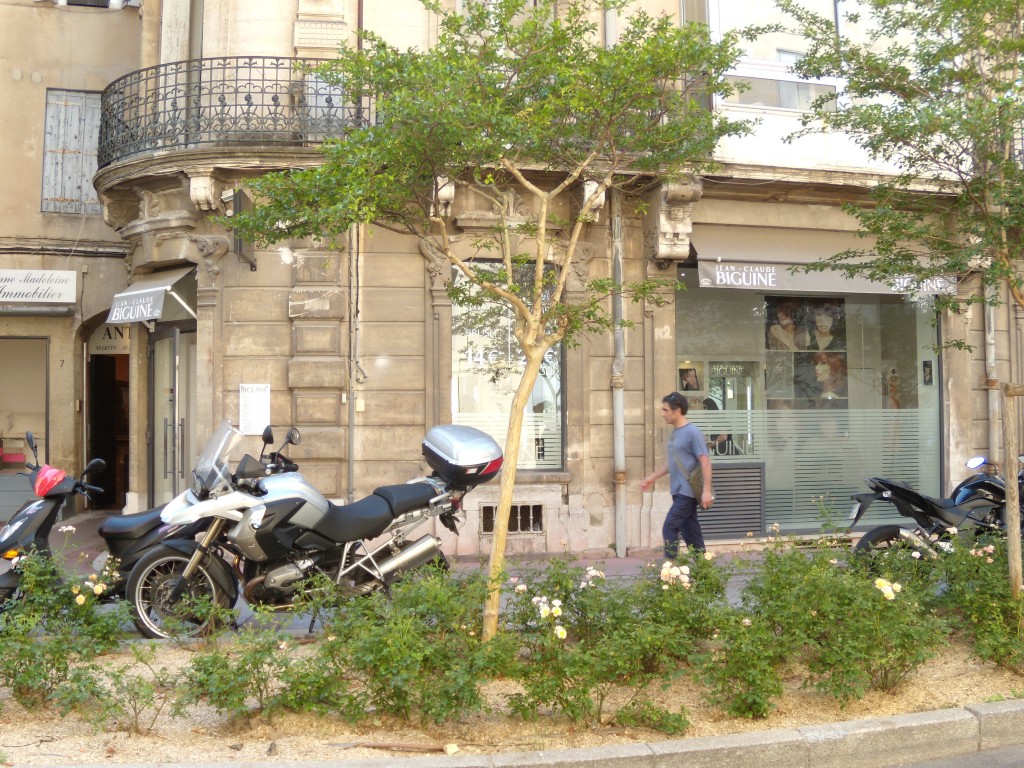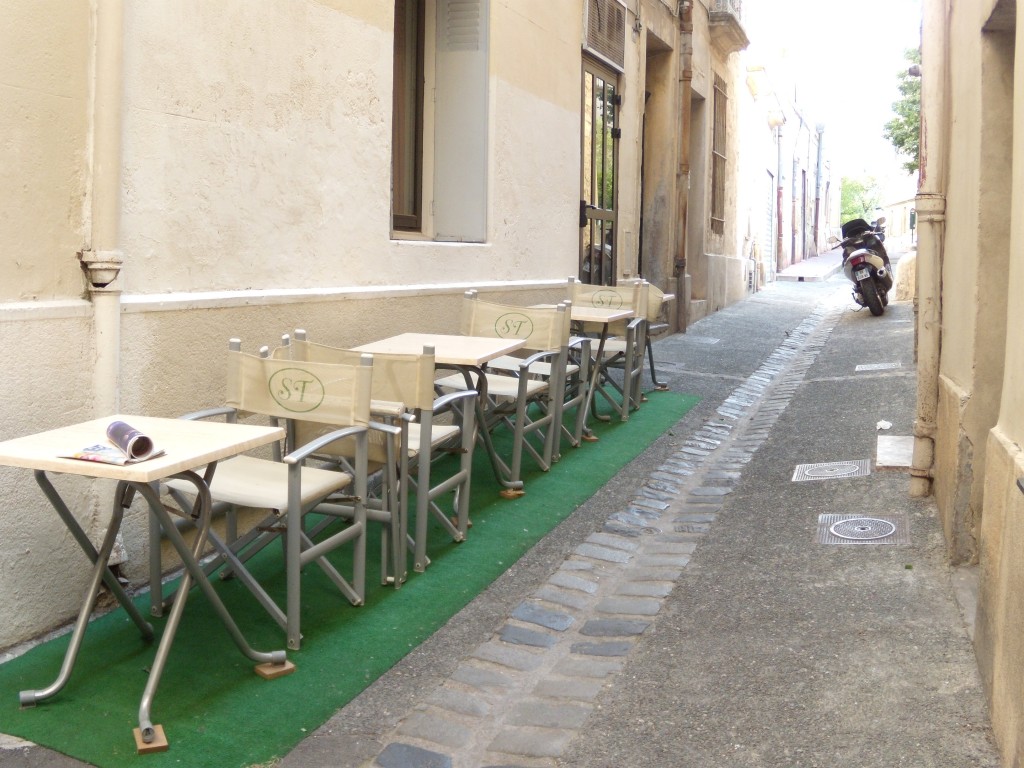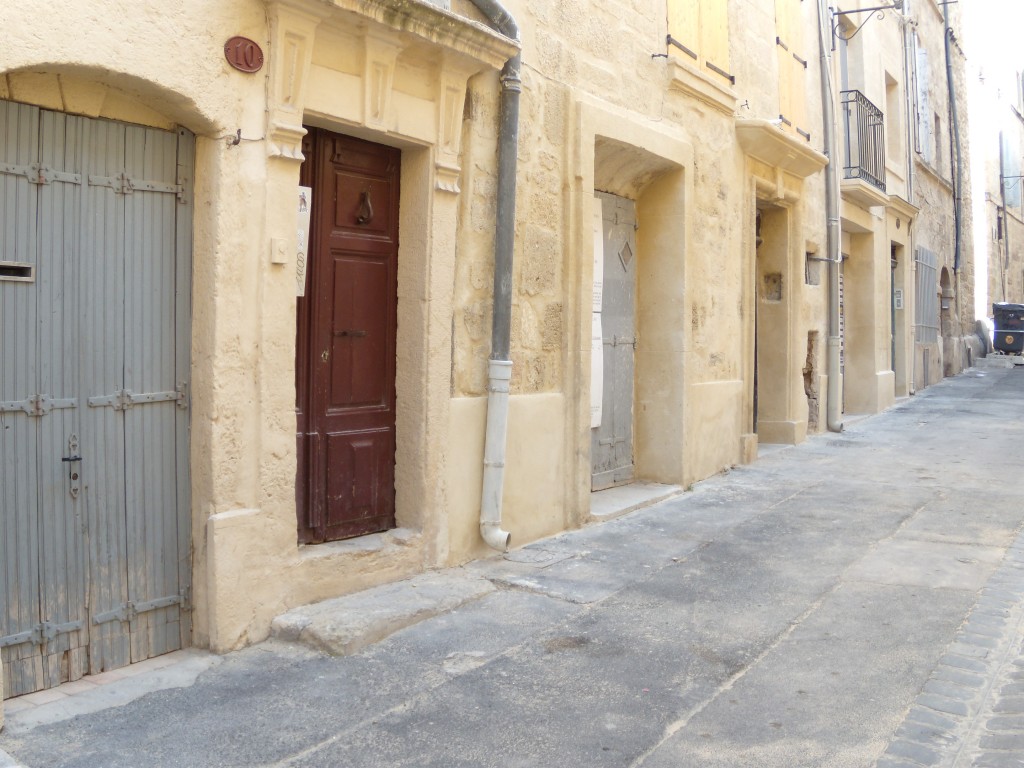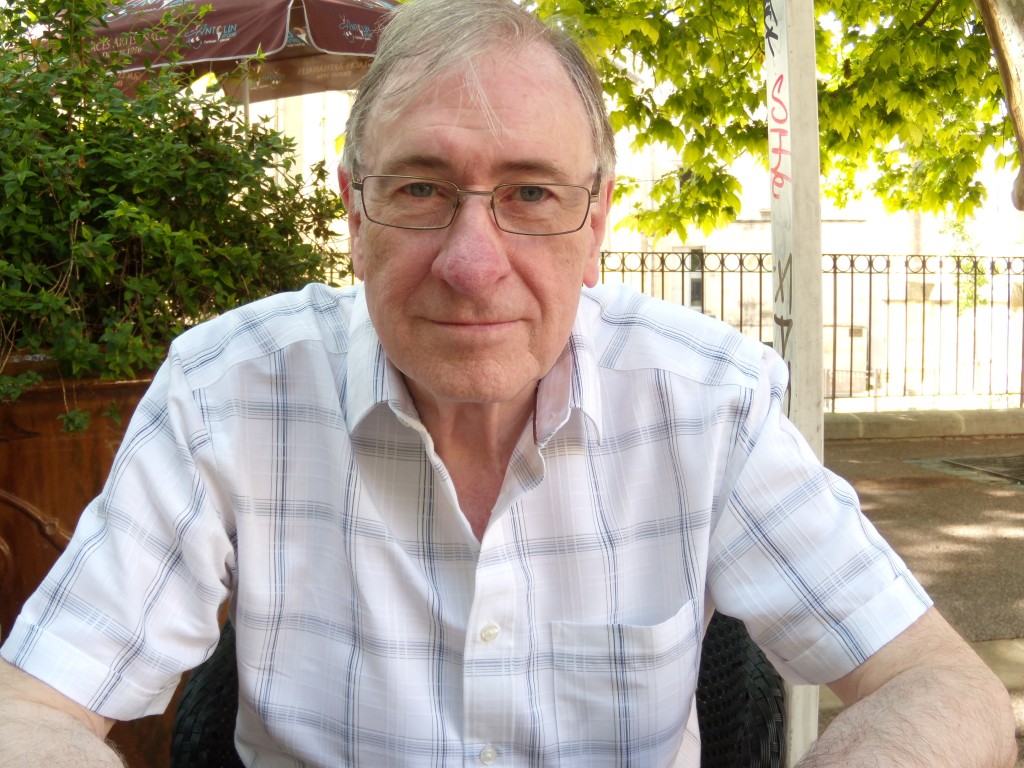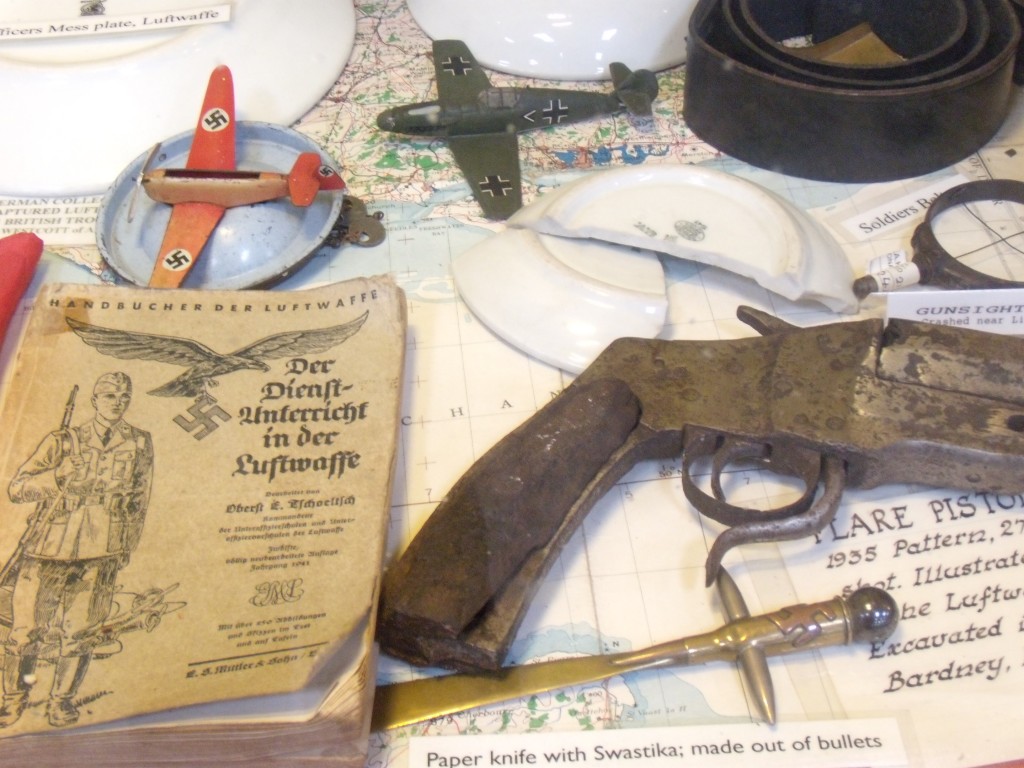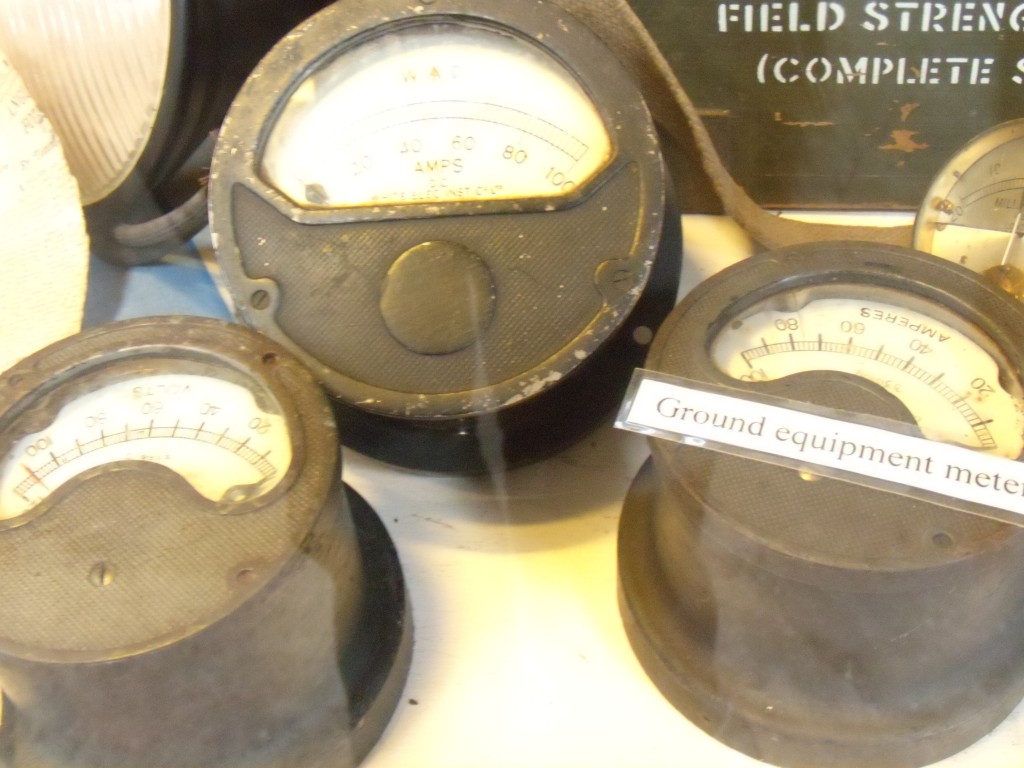After loving Mr Fox (and previous to that The Icarus Girl) I’ve been using my reading time this week to catch up with Helen Oyeyemi’s third novel, White is for Witching. I remember the reviews at the time being mixed, which is most likely why it’s taken me so long to get round to reading it.
Turns out I was a total idiot. Taking too much notice of reviews like this, a distinctly sour-faced write-up which seems to ignore the point of the book so entirely as to make it meaningless, always carries with it the risk that you’ll end up missing out on something truly worthwhile, the kind of book that divides the critics, because it’s unclassifiable, because it’s elusive, because it’s difficult.
Trust the writer, not the reviewer, I say.
And White is for Witching is not difficult, for God’s sake. It’s complicated, yes – and deeply complex. It jumps back and forth in time and between narrators. Its language alternates between a lively and illustrative contemporary vernacular and the high poetry of witchcraft, densely allusive. Its stories are nested one within the other, back touching stomach, spooned together as its two principal characters, Miranda and Ore, lie spooned together, their knees hooked at dangerous right angles, like the legs of spiders. Times, cultures, terrors, manias, all intertwined like lovers, like interlocking pieces of some beautifully constructed and arcane jigsaw puzzle.
But all this does is to make the book sublime, not difficult, and certainly not ‘difficult’ or, even worse, ‘confused.’
Helen Oyeyemi is so for real. She’s a writer bursting with natural talent – her prose has that instinctive assurance, that quality of wildfire, that is a sure sign that she was born to do this – yet she is also a writer acutely aware of what she is doing. Her literary sensibility, her understanding of the texts that inspired her (Dracula, Uncle Silas, The Fall of the House of Usher) makes White is for Witching possibly the most elegant and knowing homage to the high Gothic that I have ever read, whilst at the same time extending the reach of this novel far beyond that, to encompass contemporary concerns in a direct and bold and strikingly original way.
White is for Witching is also bloody terrifying. In stark contrast with The Guardian‘s reviewer, I found the sense of mounting claustrophobia in the novel, especially in the scenes near the end where Ore is trying to make her escape from the house, to be as unsettling and actively upsetting as anything in Dracula and more so. This is now, after all, this is here. There’s an acute sense of realism in White is for Witching, of believability, that still has me absolutely spellbound.
This book is brilliant, in every sense. Read it. And do listen to Helen Oyeyemi talking about White is for Witching here.
After finishing the first draft of the novel last week I am now leaving it to simmer while I catch up on a couple of other smaller but not unimportant bits and pieces. I’ve been finishing my author profile for PS, to accompany the release of Stardust, and now I’m completely absorbed in writing the piece that will complete my collection for NewCon, to be published in 2013 as part of the Imaginings series of short story collections. The story is called ‘Higher Up’ and I’m within touching distance of finishing a first draft. It’s rather different from the story I thought it was going to be but – well, I’m kind of liking that.
